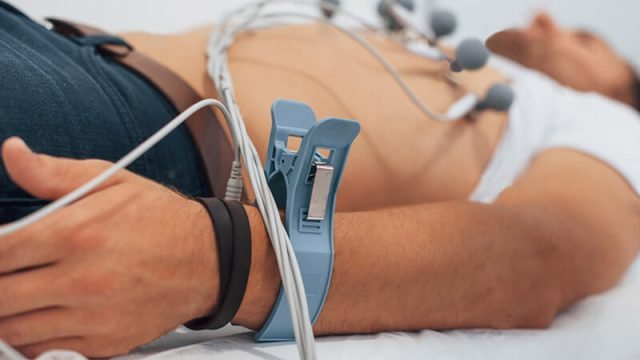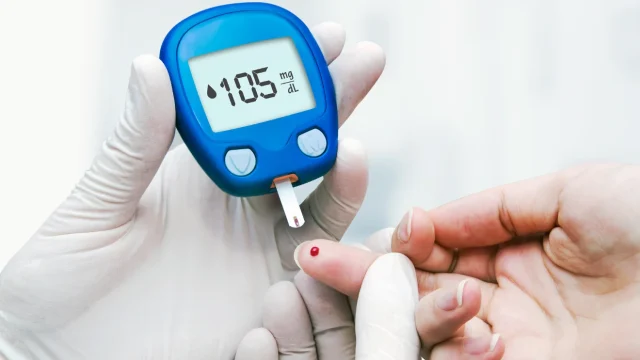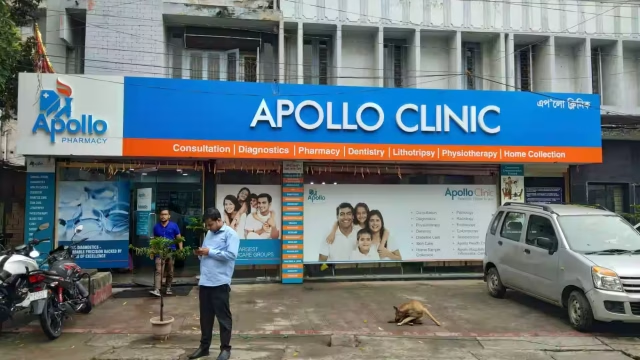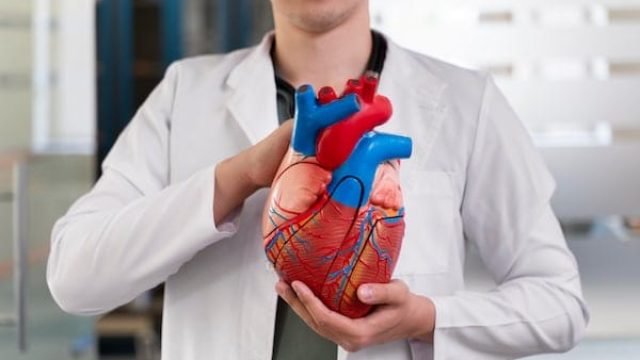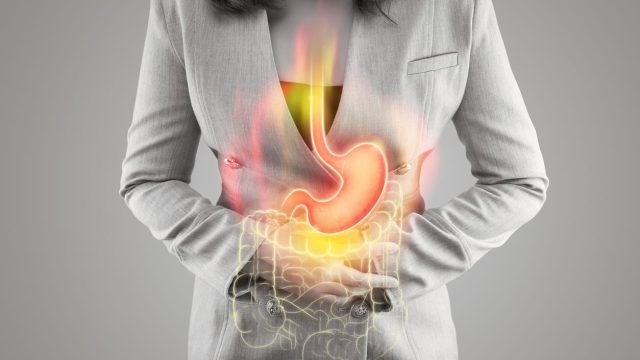What general medicine means?
General medicine is the area of medicine that deals with the diagnosis and (nonsurgical) treatment of disorders of the internal organs, particularly in adults. Therefore, the areas of medical science that deal with nonsurgical methods are collectively referred to as internal medicine. Hence, for consultation with a general medicine doctor, type “general medicine doctor near me” into the Google search box.
A visit to a general practitioner is required for this typical preventative medication. It is also known by other titles including a complete medical exam, annual physical, periodic health evaluation, general health check, and preventative health checkup. Additionally, a general check-up excludes newborn examinations, pap screenings for cervical cancer, and recurring visits for chronic illnesses like diabetes.
You might want to visit an internal medicine specialist for any unexplained symptoms that have gone on for too long. Also, if they do not subside with over-the-counter medications by typing “general medicine doctor near me” into the Google search box.
Type “general medicine doctor near me” into the Google search box.
Some common symptoms are
- Flu or a common cold: Flu can usually be treated at home but if you experience any of the following symptoms then contact any “general medicine doctor near me.”
- Painful throat or swallowing: Pain during swallowing food. The pain is usually, more than a sore or dry throat.
- Earache: Unexplained pain in the ear.
- Cough: Prolonged cough of more than two or three weeks.
- severe or persistent vomiting
- Fever: A persistent or disappearing fever.
- Prolonged symptoms: Symptoms that last for more than 10 days or worsen rather than improve.
Headaches
- Headaches aren’t uncommon or a particularly worrisome thing. Also, they can usually be treated with rest or over-the-counter medication. Sometimes, headaches could be a sign of something serious, such as a stroke or meningitis. However, in case of the following signs accompanying or associated with headaches, you need to visit a general medicine near you to ascertain the root cause of your headache.
- Feeling feverish
- Trouble walking or speaking.
- Headache that doesn’t go away for days.
Backaches
Most back pain will disappear in a few weeks with rest or by using over-the-counter medication. However, it can occasionally indicate a problem. In the event that you notice:
- Pain that doesn’t stop
- Pain in one or both legs, usually extending past the knee.
- The pain is accompanied by tingling, numbness, or weakness in one or both legs.
- Unexpected weight loss along with pain.
- Your back may be in pain with swelling or redness.
- Fever and pain.
Diarrhea
Diarrhea isn’t something to be worried about. Usually, it passes in 2-3 days, and it doesn’t indicate the presence of an underlying disease. However, the following are a few signs and symptoms which mean that something is wrong:
- More than three days of diarrhea.
- Tarry, dark stools.
- Stool with blood in it.
- Severe abdominal discomfort
- Indications of dehydration (very dry mouth or skin, fatigue, decreased urination, confusion, or irritability).
- Headache
Gastrointestinal problems
Digestive issues can affect both the lower and upper gastrointestinal tracts, including the esophagus and stomach (intestines).
- Severe or ongoing stomach ache.
- Feeling something stuck in your throat or chest.
- Persistent diarrhea or constipation.
- Stool that is bloody or dark.
- Persistent nausea.
- Persistent heartburn that does not subside even with medication.
- Swallowing is unpleasant or difficult.
- A persistent painful throat or hoarseness.
- Vomiting bile or blood (green).
Other worrisome symptoms that might necessitate a trip to the hospital
- Respiration problems.
- Dizziness or feeling faint.
- General lack of energy
- Heartbeats that are erratic or fast.
- Unaccounted–for weight loss
- Severe pains in different body parts such as the chest, abdomen, or pelvis. Any of these conditions could be a sign of a serious condition, e.g., a heart attack or gallstones.
- Persistent tiredness.
- Persistent fever.
- Extreme perspiration.
- The legs or ankles swelling.
- Fever and rash together (100.4 C or higher).
- A mole that has developed or changed, or another skin alteration that worries you
- Menopausal issues
Do not hesitate for any reason to type “general medicine doctor near me” into the Google search box for a consultation with a general medicine physician.





